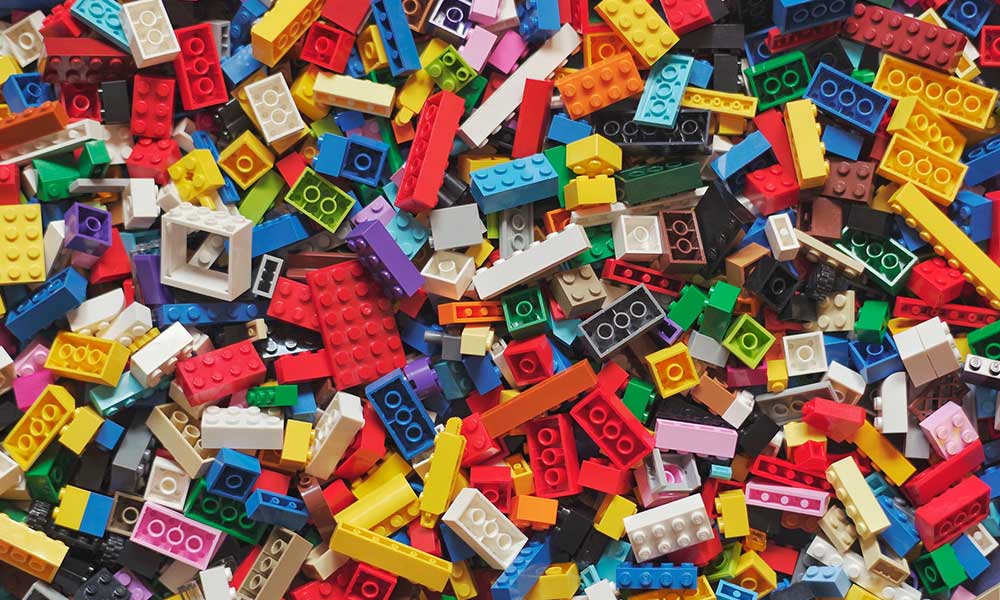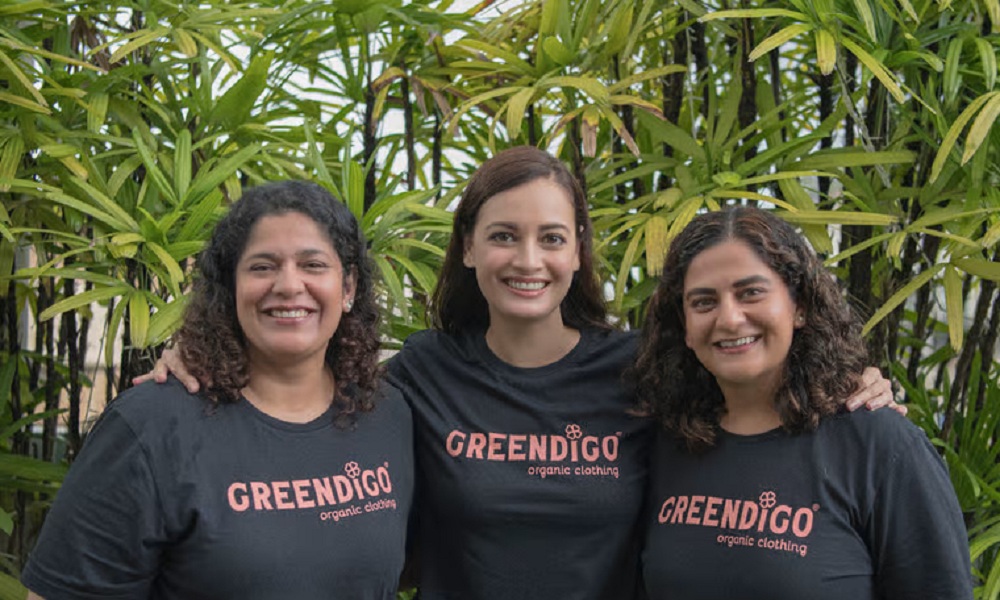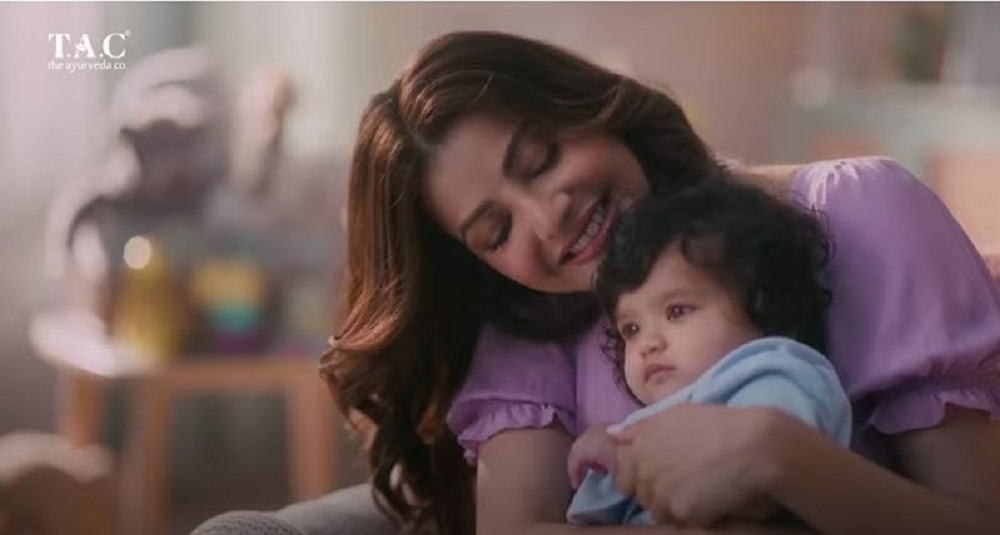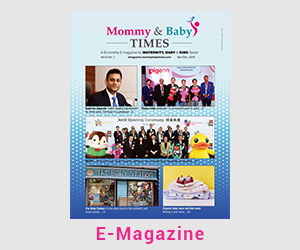The iconic toy company is looking to invest up to USD 400 million over the next three years to accelerate efforts in the direction of sustainability. The Group is going to phase out single-use plastic bags from LEGO boxes in latest move to make all packaging sustainable in response to request to many letters from children to remove single-use plastic.
September 18, 2020

The LEGO Group has announced that it will begin to phase out single-use plastic bags used in LEGO boxes to package the loose bricks. This is part of its ambition to make all its packaging sustainable by the end of 2025. From 2021, Forest Stewardship Council-certified recyclable paper bags will be trialled in boxes.
Niels B Christiansen, CEO of The LEGO Group said: “As a company who looks to children as our role models, we are inspired by the millions of kids who have called for more urgent action on climate change. We believe they should have access to opportunities to develop the skills necessary to create a sustainable future. We will step up our efforts to use our resources, networks, expertise and platforms to make a positive difference.”
Several prototypes made from a range of different sustainable materials have so far been tested with hundreds of parents and children. Children liked the paper bags being trialled in 2021 as they were environmentally friendly and easy to open.
Christiansen added that: “We have received many letters from children about the environment asking us to remove single-use plastic packaging. We have been exploring alternatives for some time and the passion and ideas from children inspired us to begin to make the change.”
The Group’s manufacturing operations will be carbon neutral by 2022. Further investments will be made to improve energy usage, for example by installing new systems that use ambient air in cooling processes during LEGO brick production.
The LEGO Group will continue to work with organisations such as the Ellen MacArthur Foundation, World Wild Fund for Nature, RE100, UNICEF and Save the Children in order to create the greatest impact. In addition to developing and implementing sustainable materials, the up to USD 400 million investment will also focus on a range of social and environmentally focused actions to inspire children through learning through play, making the business more circular, and achieving carbon neutral operations.








